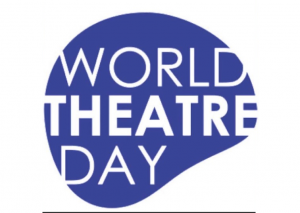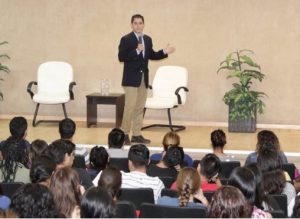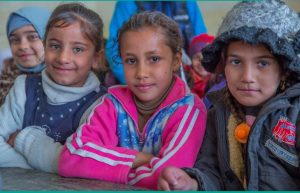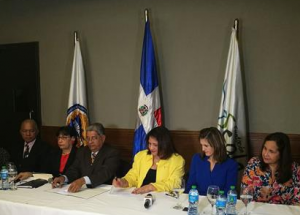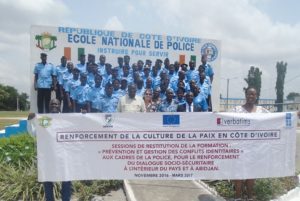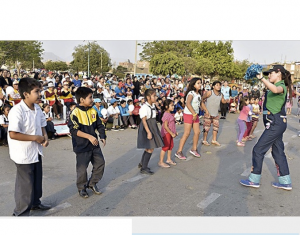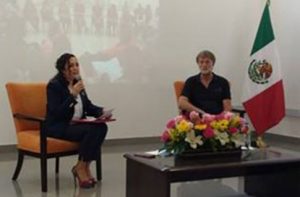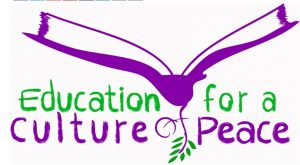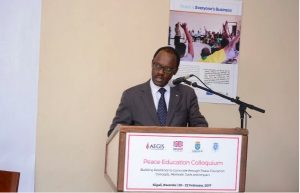… EDUCATION FOR PEACE …
An article from Sudcaliforniano (translated by CPNN)
The main theater of the Cultural Pavilion of the Republic “Nabor García Aguirre”, the highest cultural venue in Los Cabos and one of the most important in the state of Baja California Sur, was the venue for World Theater Day. It was marked on March 25 with staging, monologues, amateur theater, interactive activities and other allusive activities.

Grupo Mascaras with “Clowns of the West” / The Sudcaliforniano
The main theater of the Cultural Pavilion of the Republic “Nabor García Aguirre”, the highest cultural venue in Los Cabos and one of the most important in the state of Baja California Sur, was the venue for World Theater Day. It was marked on March 25 with staging, monologues, amateur theater, interactive activities and other allusive activities.
Different companies and theatrical groups participated in these activities, which were freely accessible to the public and where, above all, each one of those involved in art could know the work of the other and receive feedback.
The person in charge of summoning each of the companies and theater groups of this beautiful tourist destination was the actress Angie Ulloa, who managed to reunite them all in the same scenario and for the same purpose.
World Theater Day was created by initiatives of the International Theater Institute (ITI) in 1961; Is celebrated and commemorated annually on March 27. Several national and international theatrical events are organized to commemorate this occasion; One of the most important is the circulation of the International Message of World Theater Day through which, at the invitation of the ITI, a world-class figure shares his reflections on the theme of Theater and a Culture of Peace. [Editor’s note: this year it was Isabelle Hupert – see http://columnacero.com/cultura/2185/dia-internacional-del-teatro-con-el-mensaje-de-la-actriz-francesa-isabelle-huppe/.]
(For the original of this article in Spanish, click here.
(For an article about World Theater Day from the Philippines, click here)
